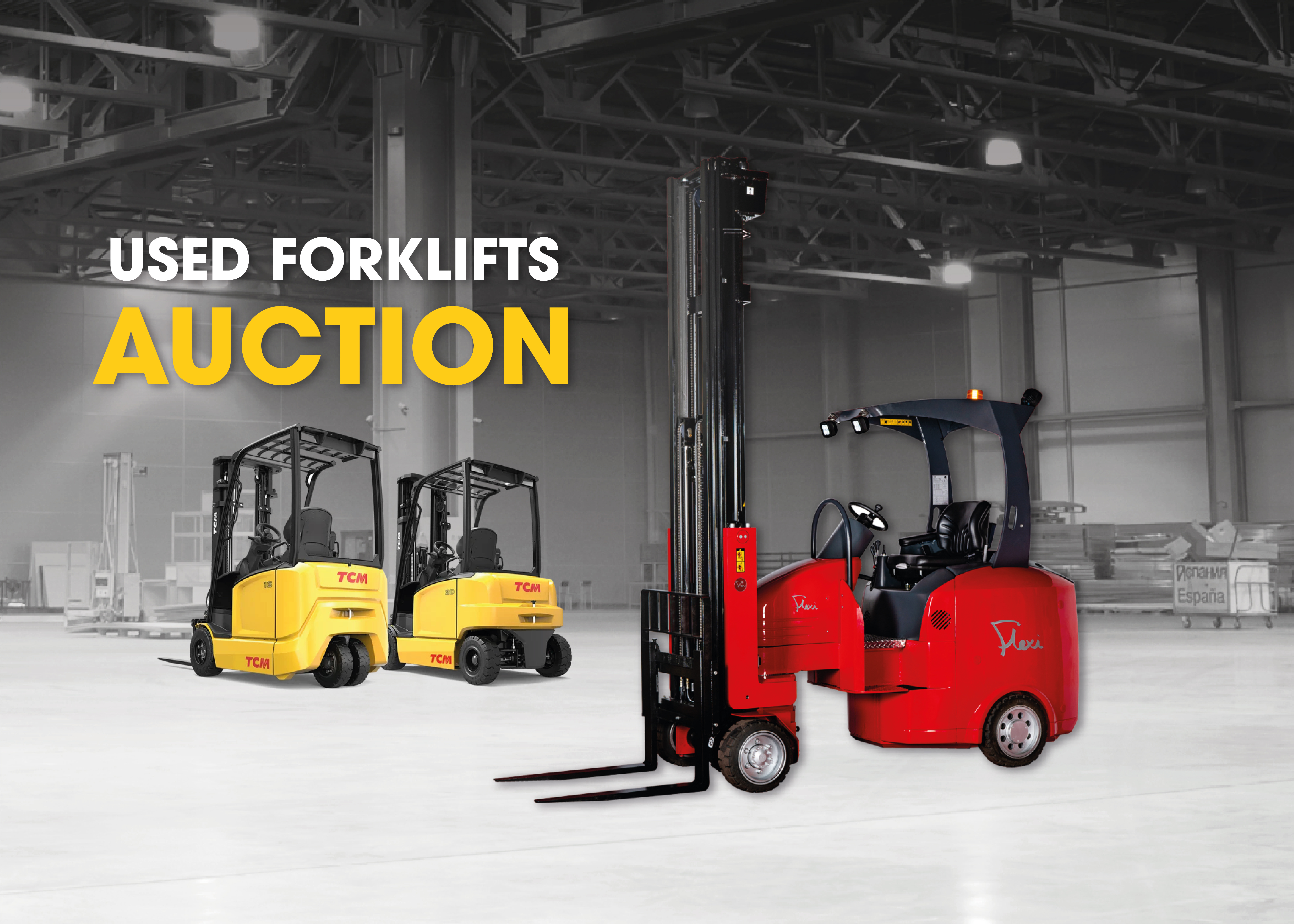Discover essential forklift training FAQs in our comprehensive blog post. Learn about the importance of forklift training, legal requirements, benefits, and more. Get the answers you need for safe and efficient forklift operation.
1. What is forklift training, and why is it important?
- Forklift training is a program designed to teach individuals how to safely and effectively operate forklifts. It's essential because it reduces the risk of accidents, improves workplace safety, and ensures compliance with regulations.
2. Who should undergo forklift training?
- Anyone who operates a forklift or intends to in the workplace should undergo forklift training. This includes both new and experienced operators.
3. What are the main components of forklift training?
- Forklift training typically includes classroom instruction, hands-on training, and an evaluation to assess an operator's knowledge and skills.
4. How long does forklift training take?
- The duration of forklift training can vary, but it often takes a few days to complete. The length depends on factors like the trainee's experience and the specific type of forklift.
5. Are there different types of forklifts, and do I need separate training for each?
- Yes, there are various types of forklifts (e.g., electric counterbalance, reach trucks, pallet trucks). You may need separate training for each type, as they have unique operational characteristics.
6. Is forklift training required by law?
- Yes, in many places, forklift training is legally required to operate a forklift. Regulations may vary, so it's essential to check your local laws.
7. What are the benefits of forklift training for employers and employees?
- Employers benefit from increased workplace safety, reduced accidents, and improved productivity. Employees benefit from better job prospects, enhanced skills, and increased safety awareness.
8. Can I get forklift training online, or is it only available in person?
- Both options are available. In-person training provides hands-on experience, while online training may be suitable for theory portions. Blended training programs also exist.
9. How often should forklift operators undergo refresher training?
- Refresher training is recommended at least every three years or when an operator demonstrates unsafe behavior, is involved in an accident, or uses a different type of forklift.
10. What should I look for in a forklift training program or provider?
- When choosing a training program or provider, consider factors such as certification, experience, course content, training facilities, and cost.
View our ITSSAR training courses
All of our training courses are accredited by ITSSAR and pride ourselves in improving the standards of training and safety in the operation of material handling equipment.
11. Are there any common misconceptions about forklift training?
- Some people may assume that forklift operation is straightforward, but it requires skill and knowledge to be safe and efficient.
12. What are some important safety tips for forklift operators?
- Safety tips may include maintaining a clear line of sight, obeying speed limits, avoiding overloading, and performing pre-shift inspections.
13. Can forklift training reduce workplace accidents and injuries?
- Yes, proper forklift training significantly reduces the risk of accidents and injuries in the workplace.
14. Are there any specific challenges or considerations for forklift training in certain industries, such as construction or warehousing?
- Different industries may have unique forklift training needs, such as understanding site-specific hazards and specialized attachments.


